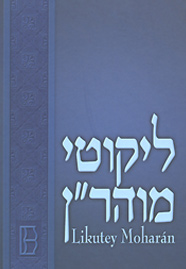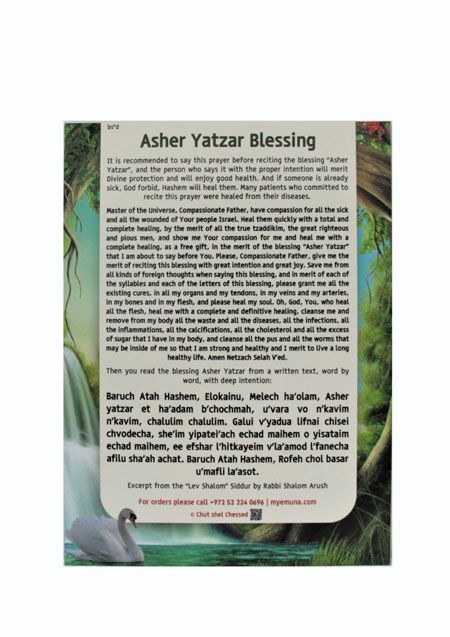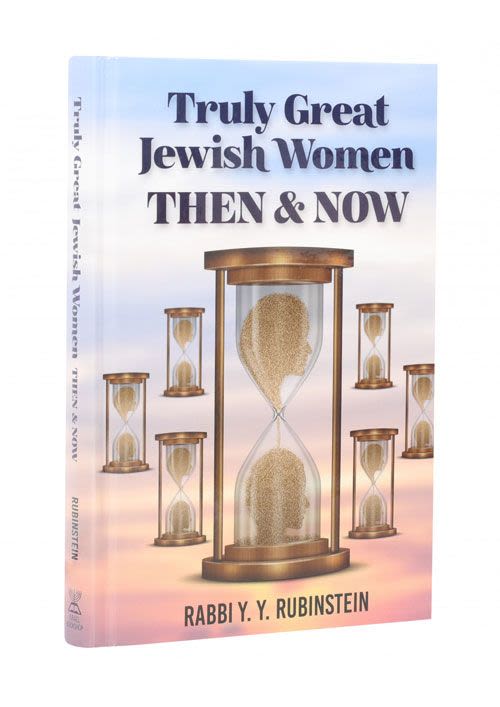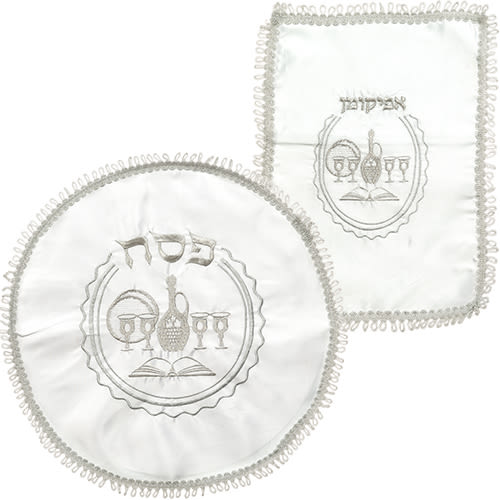
Rebbe Nachman’s Unique Teachings
Rebbe Nachman’s teachings are unique in that they are full of advice and guidance how every individual can merit reaching the highest spiritual levels…

Translated by Ephraim Portnoy
Question:
What is unique about the Rebbe’s teachings? Is it just in their ability to motivate a person and warm his  heart towards serving Hashem, and to bring out the greatness of every Mitzvah and good character trait? If so, there are many topics which the Rebbe doesn’t address at such length, while other sefarim do dedicate chapters or even entire sefarim to those subjects; why?
heart towards serving Hashem, and to bring out the greatness of every Mitzvah and good character trait? If so, there are many topics which the Rebbe doesn’t address at such length, while other sefarim do dedicate chapters or even entire sefarim to those subjects; why?
Answer:
1] Reb Nosson became close to the Rebbe although he had previously been very close to the greatest students of the Maggid of Mezritch, zy”a, such as the Rebbe, Reb Zusha, Reb Mordechai of Kreminetz, the Rav of Neschiz, and the Holy Berditchover, zy”a. By them, he indeed discovered the Torah of Chassidus, which is an outpouring of awareness and inspiration for clinging to Hashem and knowing Him. But at the same time, Reb Nosson didn’t understand how he, together with everything he was going through in his personal life, could have any sort of connection with the exalted levels which these Tzaddikim had reached.
When Reb Nosson became close to the Rebbe, he discovered advice and guidance, paths through which everybody can enter into the ways of the Tzaddikim and follow in them. He found a way how to practically apply that which is written in the other Sefarim, as he writes in Likutei Halachot, Eiruvei Techumin 5, “The point of the new advice is only with the aim of going on the old path, to maintain the Torah which we have.”
2] Of course, we should study all the holy sefarim which discuss at length the depravity of materialistic desires and other bad character traits, and motivate us to acquire good traits and climb up level after level in the ways of Avodat Hashem, loving Hashem, being in awe of Him, etc. We should also study a lot about knowing Hashem.
But it’s not enough just to study. The main thing is to apply what we learn. For this we need to learn Torah and sefarim of Tzaddikim which contain advice. “This is the difference between someone who learns only books of Mussar, to those who are close to a Tzaddik. Even though the study of Mussar books is very, very valuable, there isn’t explained therein so much good advice for serving Hashem. They reprimand a person and motivate him to return to Hashem, but usually you can’t find in them any advice how to come close to Hashem, how to hold onto proper ways of thinking and to be aware of Hashem. But when we draw close to the Tzaddikim and their followers, we find precious advice and paths how to attach ourselves to Hashem from every place and level.” (Likutei Halachot, Shabbat 6)
3] Of course, even just the wonderful words of the Rebbe have in them a potency to soften our tough hearts and to warm us up towards Hashem. Especially when we take the words of a Torah and make them into a prayer, begging Hashem that we merit applying it, then they certainly have the power to inspire us and break our hearts, as we can all see.
But at the same time, the most amazing thing about the Rebbe’s Torah is not in its poetic style or its mentioning Midrashim and Zohars about the greatness and importance of the subject being discussed. For that we can learn the other holy sefarim. The Likutei Moharan doesn’t generally explain lofty ideas, and relies on the reader to already know the basics of Chassidut, the teachings of the Baal Shem Tov and his followers.
What is unique about the Rebbe’s Torah is that it’s full of advice and guidance how every individual can merit reaching the highest spiritual levels. Even when the Rebbe mentions Midrashim etc., it’s for the purpose of illuminating the advice which he is revealing.
4] Someone learning the Rebbe’s sefarim will realize that he starts off each lesson with a concept in Avodat Hashem, and without explaining it at length, immediately proceeds to connect it to a practical idea, advice how to attain that level. He then continues to reveal more guidance regarding that advice, how to merit applying that advice itself. So he goes on, from one piece of advice to another, in a way that that anyone can enter into Avodat Hashem and achieve all the levels in the world, by starting from the level which he’s on now.
5] Let’s take for example Likutei Moharan I, 1. The Rebbe opens with the concept that a Jewish person must look at the internal understanding contained in everything. The Tcheriner Rav in Nachat HaShulchan explains that the Rebbe is referring to the path of the Torah of the Baal Shem Tov, which is to connect to the G-dly light within everything.
This short statement is wonderful, inspiring and heartwarming, to know that a person’s purpose is to look at the understanding in everything and to come close to Hashem through everything and in every place, be it mitzvot or otherwise permitted things, both during good times and “low” times.
But still, the Rebbe doesn’t explain at length with motivating and inspiring words this concept of G-dliness found in everything, as other Chassidic sefarim would do. Someone who wants to understand this concept should learn others sefarim of Chassidut, about which the Rebbe extolled how great their study is (see Chayei Moharan 408 and many places in Likutei Halachot that we should study all the sefarim which are based on the path of the holy Zohar. Reb Levi Yitzchak Bender told us that in Uman the Breslover Chassidim would learn all the sefarim of Chassidut, Noam Elimelech, Kedushat Levi, etc.) In those sefarim we find many explanations of the concept of ‘connecting to the inner thoughts in everything that happens to a person’, each Tzaddik in his own way.
The main point of the Rebbe in this Torah is the continuation, after we know what we have to accomplish, we still need paths and practical advice how to achieve it. How do we connect to Hashem constantly, every moment, in everything we do, even if we are on a low level? This is the innovation of the Rebbe in his sefarim, by providing paths even for us on our low level.
***
Courtesy of the Gates of Emunah Weekly Publication http://www.gatesofemunah.org











Tell us what you think!
Thank you for your comment!
It will be published after approval by the Editor.